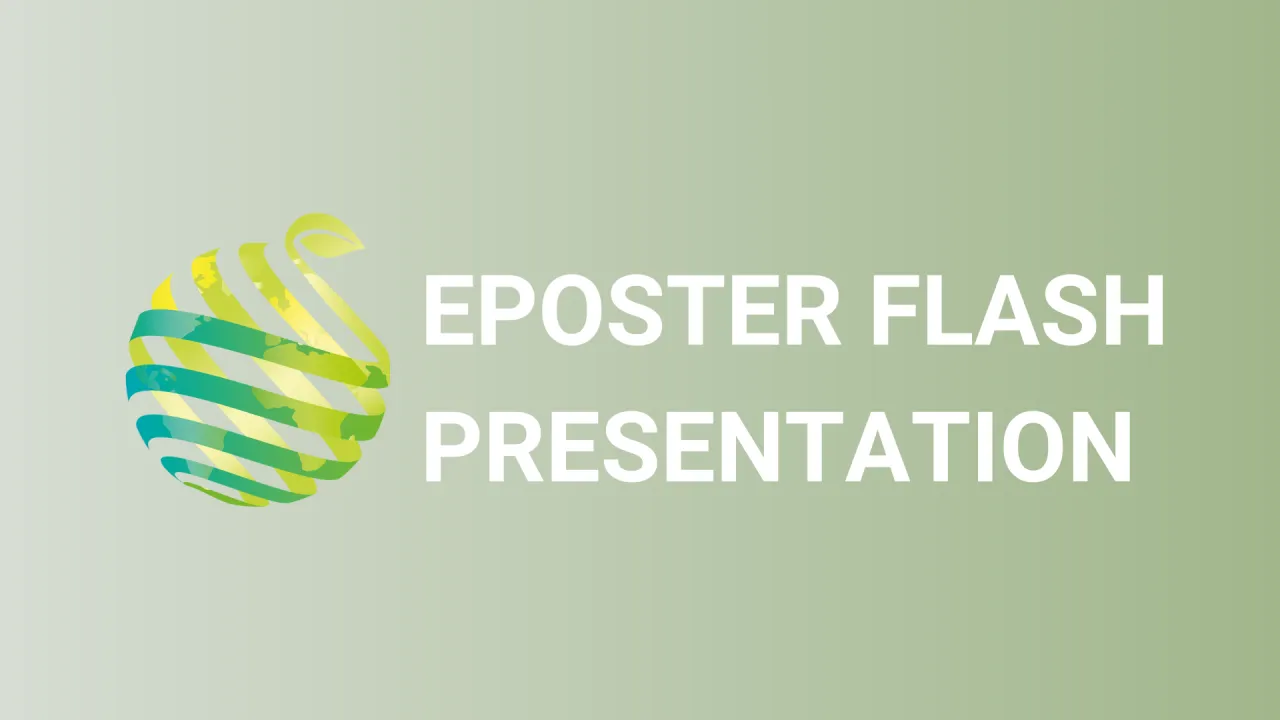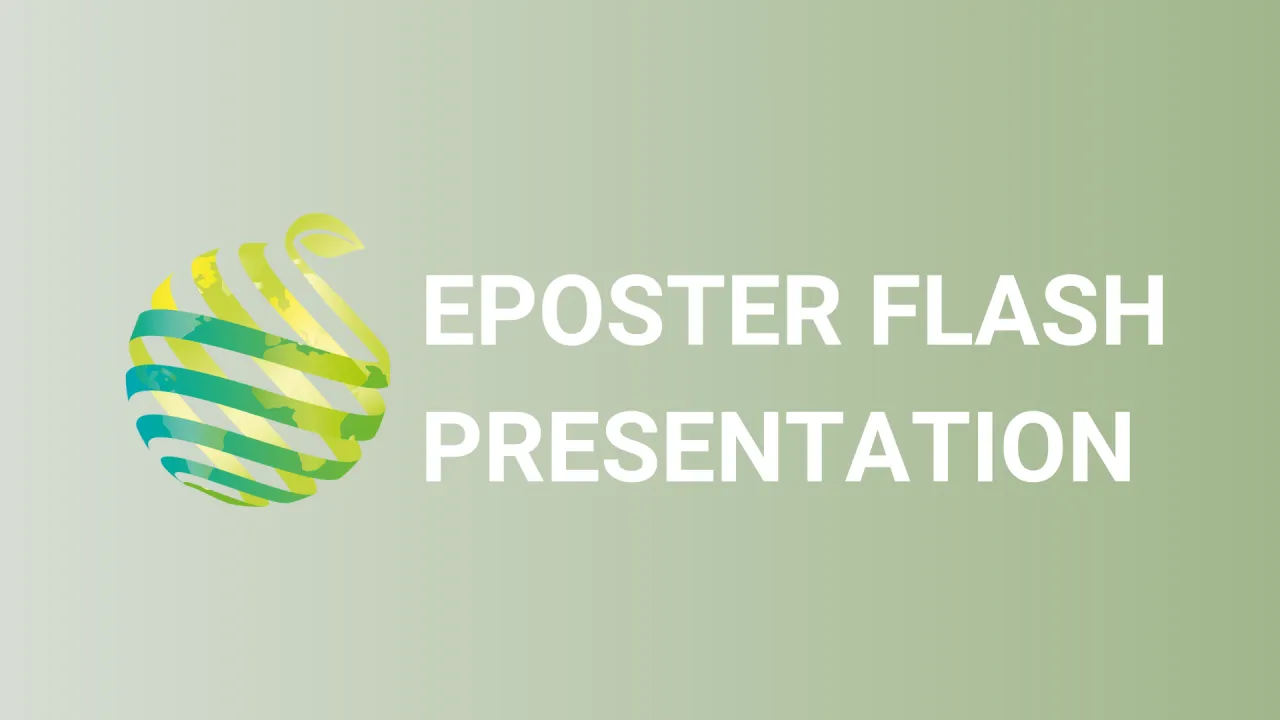

S13 - Session P3 - Sensitivity of Capsicum germplasm to magnesium deficiency grown in solution culture
Information
Authors: Stephen Harper *, Phuong Nguyen, Michael Bell
Magnesium (Mg) is a macronutrient that plays an important role in numerous physiological processes of plants. Magnesium deficiency is an increasingly severe problem in horticultural production, especially in regions where soil solutions have excessive potassium and calcium concentrations and in acid soils with low Mg status. Therefore, sufficient supply of Mg is necessary to improve crop yield and quality of harvested products. Capsicum ( Capsicum annuum ) is an important horticultural crop with high nutritional value and widely planted around the world. This study was implemented to evaluate the response of different capsicum genotypes to Mg deficiency in solution culture at different nutrient compositions. Two solution culture experiments evaluated the sensitivity of four capsicum genotypes, including Capsicum annuum cv. Warlock, and three Capsicum chinense accessions, 42-3-2, 71-3-3, and 40-5-1, which were grown in solution culture in the glasshouse. At the lowest Mg rate, all genotypes had Mg deficiency symptoms, including interveinal chlorosis on the older leaves. Across treatments, the foliage Mg concentration ranged from 0.9 to 1.7 g kg -1 dry weight (DW). Cultivar Warlock showed stronger sensitivity to Mg deficiency than did the C. chinense accessions. Interestingly in Warlock, the uptake of Ca, Zn and Cu with increasing Mg supply was substantially greater than that of the other genotypes.